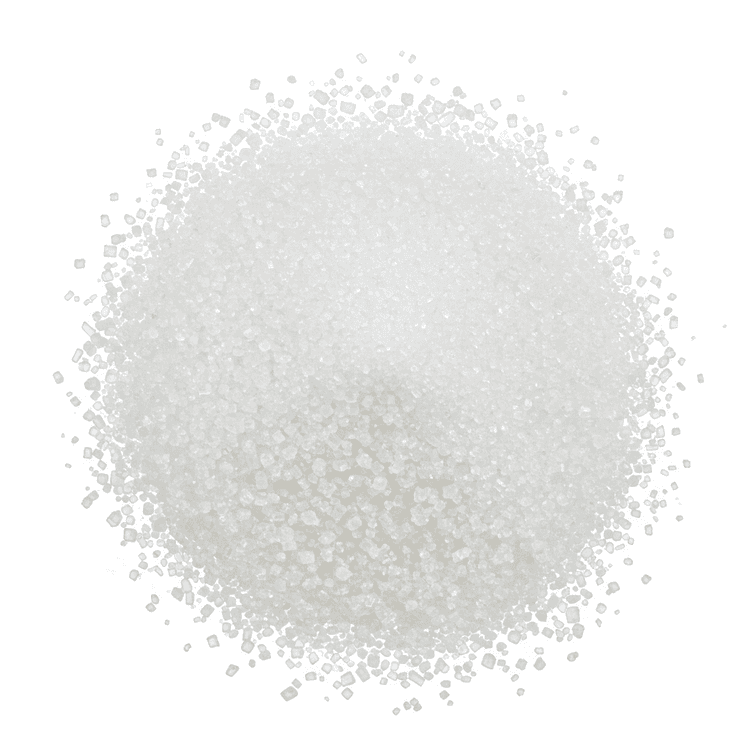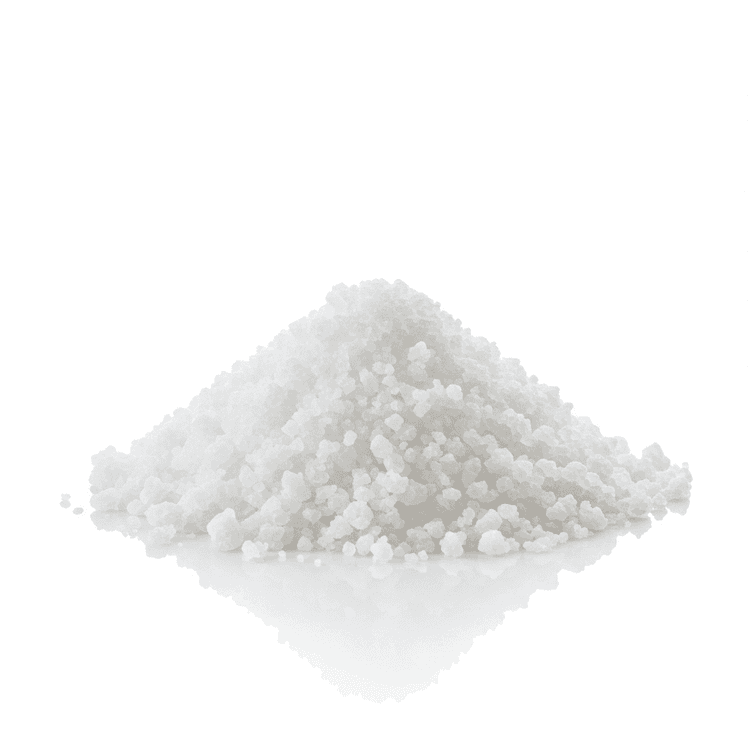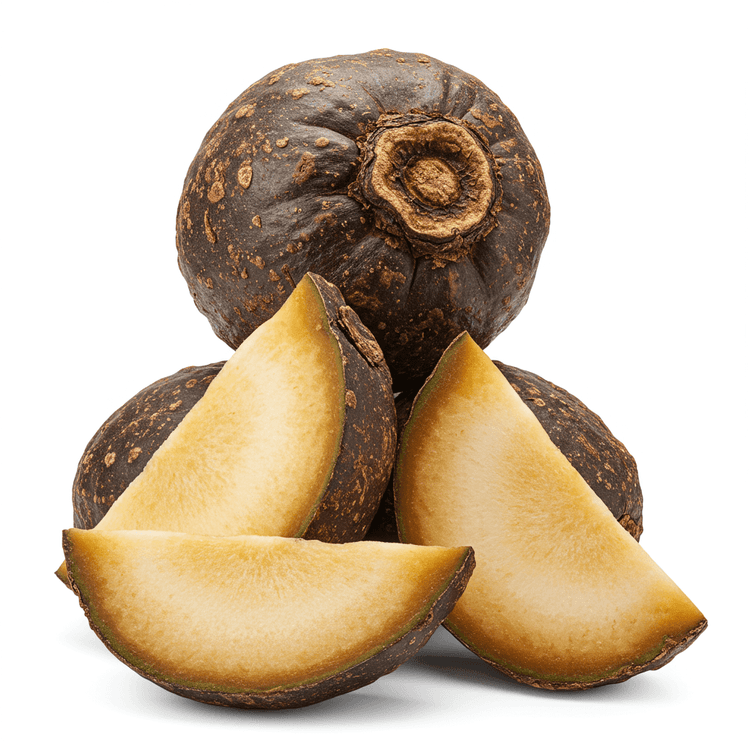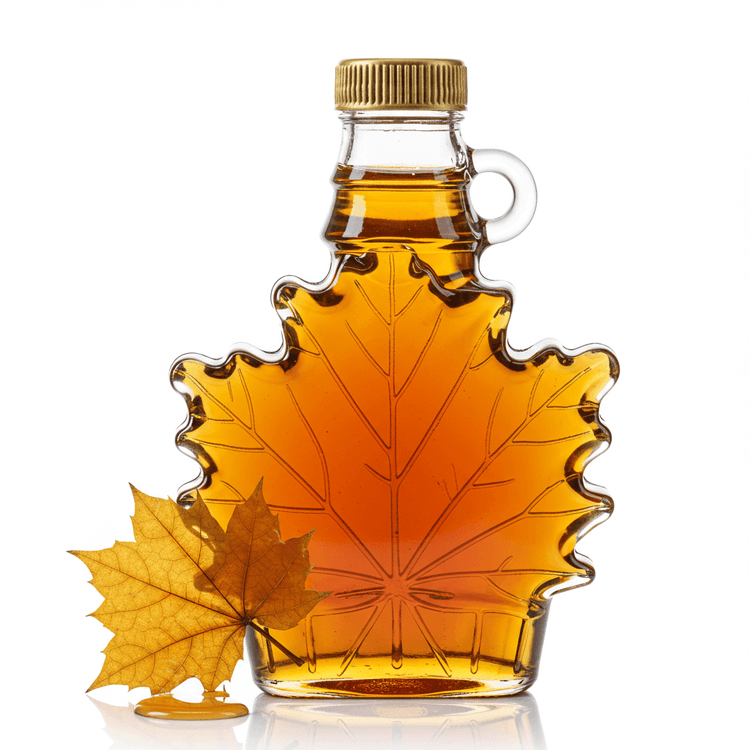
Sugar Or Salt
Sugar, a ubiquitous ingredient in kitchens worldwide, is a sweet, crystalline carbohydrate that provides energy and enhances the flavor of countless dishes. Available in various forms like granulated, powdered, brown, and raw, sugar adds sweetness and texture to baked goods, beverages, and savory recipes. Its fine texture dissolves easily, making it ideal for creating smooth sauces, syrups, and candies. Salt, another essential kitchen staple, is a mineral composed primarily of sodium chloride. It enhances the flavor of food, preserves it, and acts as a crucial electrolyte for the human body. Salt comes in different varieties like table salt (finely ground), sea salt (coarser crystals), kosher salt (large flakes), and Himalayan pink salt (rich in minerals). Its crystalline structure and salty taste make it perfect for seasoning everything from roasted vegetables to grilled meats and baked treats. The solubility of salt makes it great for brining, curing, and pickling. Choosing the right salt type can significantly impact the final taste and texture of your culinary creations.
Common Uses
- Sugar is commonly used in baking to create sweet treats like cakes, cookies, and pies, providing both sweetness and structure.- Salt is widely used as a seasoning to enhance the natural flavors of meats, vegetables, and other dishes, adding depth and complexity.- Sugar is often incorporated into beverages such as coffee, tea, and cocktails to sweeten them and balance other flavors.- Salt is frequently used in brining and curing processes to preserve foods like meat, fish, and vegetables, preventing spoilage and adding flavor.- Sugar is used in making jams, jellies, and preserves to sweeten and thicken them, extending their shelf life.- Salt is used in pickling various vegetables and fruits, creating tangy and flavorful condiments and side dishes.
Health Benefits
- May contribute to energy levels when consumed in moderation.
- Can enhance the flavor profile of foods, making them more palatable.
- Salt is an essential electrolyte, aiding in fluid balance and nerve function.
- Sugar provides a quick source of glucose, important for brain function.
- Salt plays a role in preserving foods and extending their shelf life.
- Some sugars provide trace amounts of minerals, depending on the type (e.g., molasses).
Substitutes
Chefadora AI is here.
Experience smarter, stress-free cooking.
Storage Tips
Both sugar and salt should be stored in airtight containers to prevent moisture absorption, which can cause clumping in sugar and hardness in salt. Store them in a cool, dry place away from direct sunlight and strong odors. Neither sugar nor salt needs to be refrigerated or frozen for long-term storage; room temperature is suitable, and they have a very long shelf life when stored properly. For brown sugar, adding a slice of bread or a marshmallow to the container can help maintain its moisture content.
Marnirni-apinthi Building, Lot Fourteen,
North Terrace, Adelaide, South Australia, 5000
Australia



